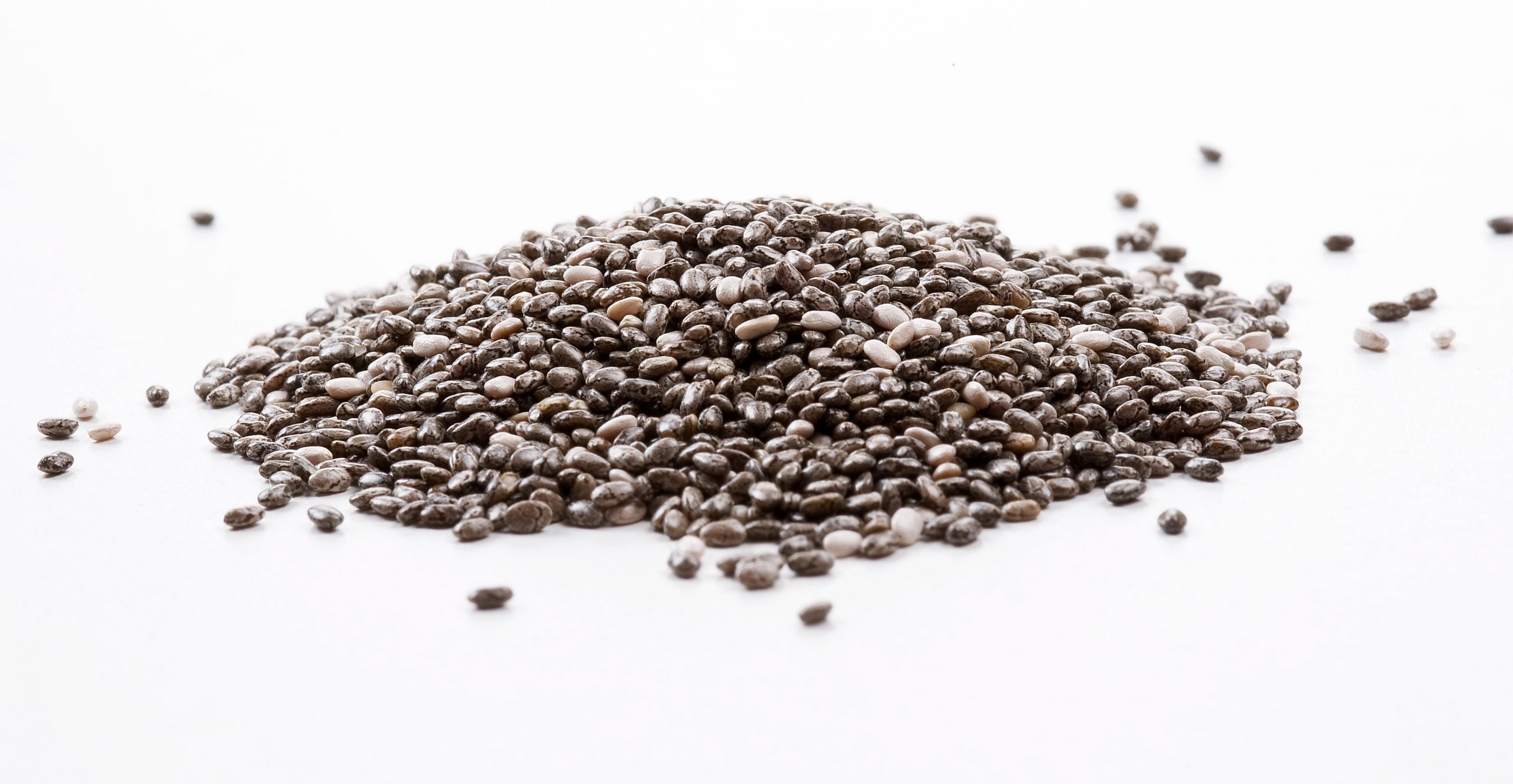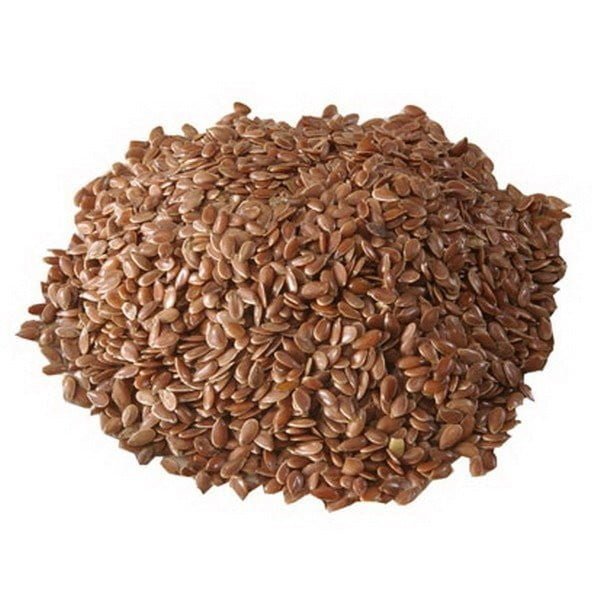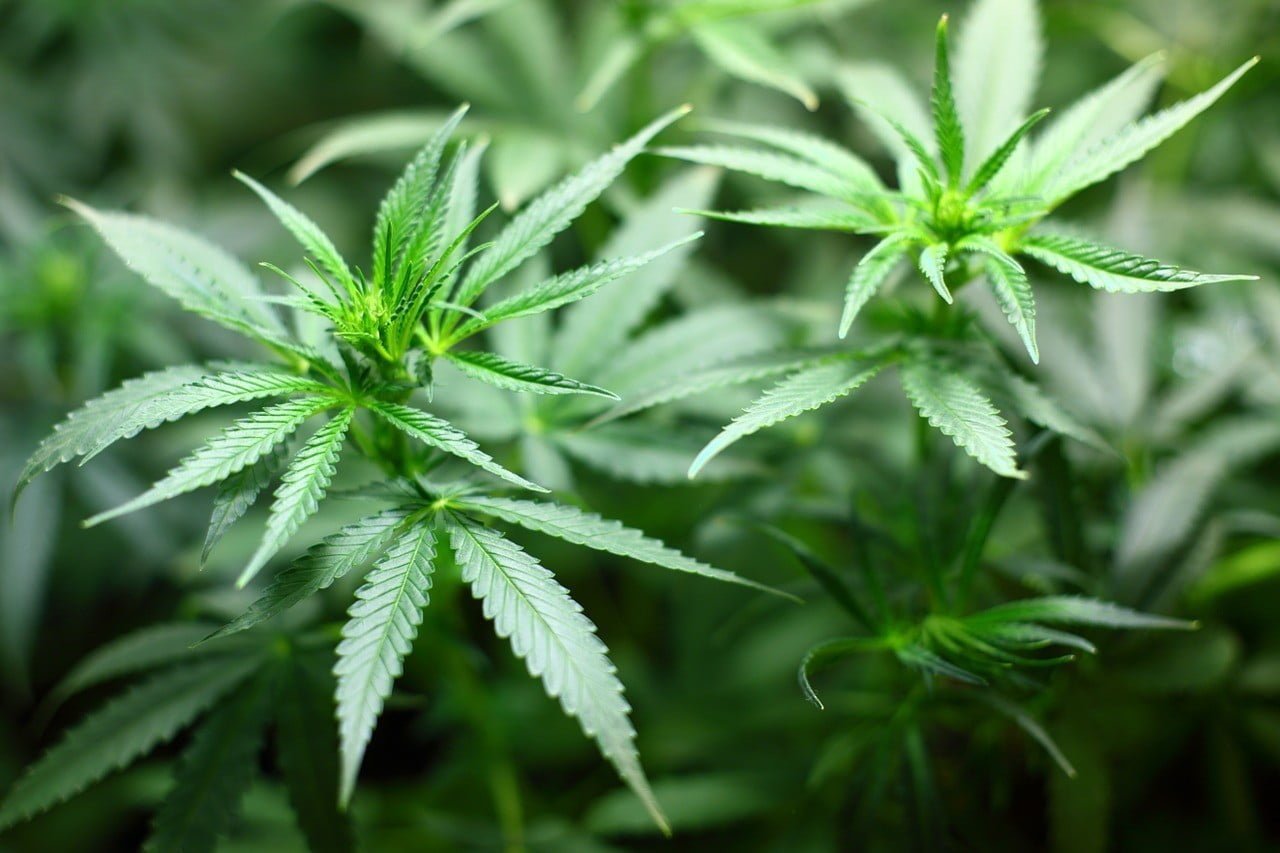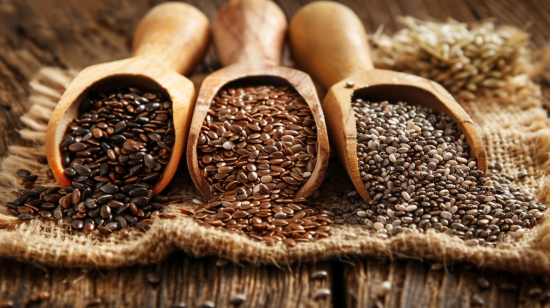Besides the fact that the continent is famous for its unique climatic zones and for being a home of an impressive number of flora and fauna species, which have always been of cultural significance because they are used in different traditional diets and medicine, Africa remains the most prosperous continent in terms of its cultural diversity. Here, we provided you with just a tiny part of the big picture of the myriad cereal grains that we plant in our gardens. Still, besides these, it will also interest the seeds of chia, flax and linseed, which possess excellent nutritional profiles and significant health benefits.
Still, perhaps not every person has heard about them now, and they are just some kind of trend, but they were most likely a crucial part of the culture and customs of the African people who created them in the first place. This article is the fruits of or is the cream of research work that praises the benefits chia, flax, and hemp seeds have in the African roots and shows how significant they are in the health and wellness of humanity today.
Chia Seeds: Tiny Grains, Massive Nutrients
This can explain the preference for Chia seeds, as they are valued for both their adaptability and endurance; hence, they are found in farming and foodstuff in African communities. Stuffed in these seeds are omega-3 fatty acids, fiber, antioxidants, iron, phosphorus and calcium, the essential minerals.
Nutritional Highlights
- Omega-3 Fatty Acids: Chia seeds are one of the richest plant-based sources of ALA (alpha-linolenic acid), crucial for heart health and reducing inflammation.
- Fiber: With an impressive fiber content, chia seeds can improve digestive health, regulate blood sugar levels, and aid in weight management.
- Antioxidants: These seeds are rich in antioxidants, which combat oxidative stress and may reduce the risk of chronic diseases.

Chia seed oil
We are a wholesale distributor of food- and cosmetic-grade cold-pressed Chia seed oil.
Chia seed oil works perfectly as a food and cosmetic product. Thanks to its versatility, it can successfully replace many individual elements of a diet and daily care routine.
African Traditions and Modern Uses
In Africa, chia seeds serve the purpose of being incorporated into a curiosity of dishes that are locally cooked. They are not left aside but are consumed with porridge, bread, and beverages. In contrast to other grains and seeds, their characteristic of holding water and forming a gelatinous consistency makes them an invaluable ingredient, one that is equally good for thickening and making healthy desserts.
Flax Seeds: The Ancient Superfood
Flax seeds are the oldest known kind of seed; they are a top superfood that has been around for more than 5000 years and can be found in staple foods of many countries around the world. Flax seeds are considered a primary food of the African communities due to their need to import them from the Middle East. From the Middle East, these seeds also became a critical health-promoting food item.
Nutritional Highlights
- Lignans: Flax seeds are a leading source of lignans, phytochemicals that have antioxidant properties and can influence hormone-related issues positively.
- Omega-3 Fatty Acids: Similar to chia, flax seeds are a good source of ALA, promoting heart health and anti-inflammatory benefits.
- Fiber: The high fiber content in flax seeds aids in digestive health and helps maintain steady blood sugar levels.

Flaxseed extract
Flaxseed extract is a multi-purpose product. It can be used to care for hair, as well as dry skin. In its liquid form, this extract can be used as an add-on to cosmetics. Sometimes it is also available in the form of tablets that can be used as a dietary supplement.
Cultural Significance and Contemporary Relevance
Indeed, people from African communities are acquainted with flax seeds as both an edible and a medicinal product – for example, to deliver an enhancement to the skin and healing of gastrointestinal (GI) order disturbances, respectively. Today, the grains of quinoa can be incorporated into healthy foods, finely milled into flour to bake or even pressed to obtain an oil.
Hemp Seeds: A Nutrient Powerhouse
Hemp seeds are one of humanity’s oldest sources of fiber, seeds and oil that date back a thousand years of civilization. These seeds serve as an indicative hedge of close relation between all human beings. Besides their more common relation with marijuana (which is a type of cannabis), they still have high levels of protein, so they are an excellent alternative to other vegan sources of nutrients.
Nutritional Highlights
- Protein: Hemp seeds are a complete protein source, containing all nine essential amino acids, making them a valuable plant-based protein option.
- Healthy Fats: Rich in essential fatty acids, including omega-3 and omega-6, hemp seeds support heart health and reduce inflammation.
- Minerals: They are a good source of essential minerals like magnesium, potassium, and iron.

Hemp seed extract
Hemp seed extract can be used in cosmetics and the production of dietary supplements. For its production, industrial hemp is used, the composition of which is subject to control. Hence, it is known beforehand that the extract obtained from the seeds is free from psychoactive THC, but contains a large amount of medicinal CBD.
African Integration and Health Impacts
In Africa, hemp seeds are known to have been utilized much earlier than in recent times, and in a lot of regions, they are used for their nutrient and medical qualities. These once-overlooked foods are increasingly valued for their promising role in community-led agriculture and as diagnostic measures in health-conscious diets. Whether raw as part of a salad or as a smoothie topping, hemp seeds have an incredibly nutty flavor that makes them a great topping in a wide range of dishes.
Conclusion
In a nutshell, all three of these ancient foods, chia, flax, and hemp, have had their proven healing properties admired and honed for many years, contrary to being new fashionable foods. In Africa, this seed has been an integral part of the dietary and cultural complex of the population, constituting the principles of sustainability, environment, nutrition, and healthy living. Therefore, on our way of incorporating these crops into our current nutrition, we also need to take into account the incredible historical and cultural determinants that have led to the lucky preservation of these foods. Their adoption in contemporary diets becomes proof of their significant health advantages, the time-honored wisdom of African dietary patterns, and the unmatched value of these African crops. Besides providing a sound foundation for healthy life, including chia, flax, and hemp seeds in our daily diet also allows us to build a close link between ourselves and ancient, wholesome nutrition.
References
Farinon, B., Molinari, R., Costantini, L., & Merendino, N. (2020). The seed of industrial hemp (Cannabis sativa L.): Nutritional quality and potential functionality for human health and nutrition. Nutrients, 12(7), 1935.
Jung, H., Kim, I., Jung, S., & Lee, J. (2021). Oxidative stability of chia seed oil and flax seed oil and impact of rosemary (Rosmarinus officinalis L.) and garlic (Allium cepa L.) extracts on the prevention of lipid oxidation. Applied Biological Chemistry, 64, 1-16.
Katunzi-Kilewela, A., Kaale, L. D., Kibazohi, O., & Rweyemamu, L. M. (2021). Nutritional, health benefits and usage of chia seeds (Salvia hispanica): A review. African Journal of Food Science, 15(2), 48-59.
Khalid, W., Arshad, M. S., Aziz, A., Rahim, M. A., Qaisrani, T. B., Afzal, F., … & Anjum, F. M. (2023). Chia seeds (Salvia hispanica L.): A therapeutic weapon in metabolic disorders. Food Science & Nutrition, 11(1), 3-16.
Montero, L., Ballesteros-Vivas, D., Gonzalez-Barrios, A. F., & Sánchez-Camargo, A. D. P. (2023). Hemp seeds: Nutritional value, associated bioactivities and the potential food applications in the Colombian context. Frontiers in nutrition, 9, 1039180.


